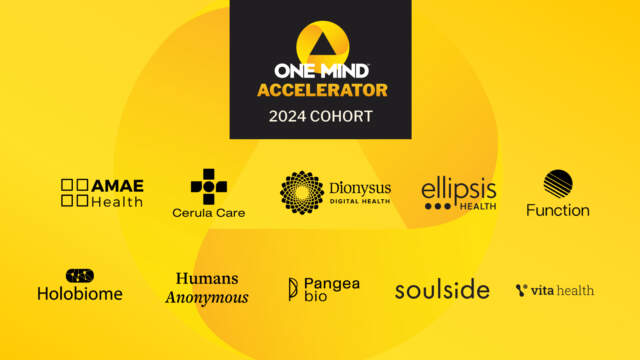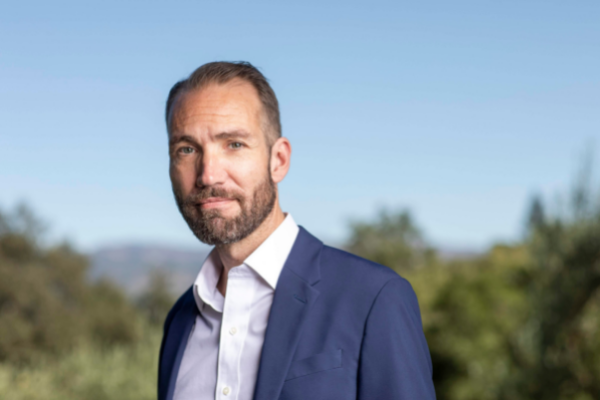Carl Sellgren, MD, PhD
Professor, Physiology and Pharmacology, Karolinska Institutet
2019 One Mind – Kaiser Permanente Rising Star Award
Rewiring the Connectome in Adolescence to Prevent Schizophrenia
Throughout the world, an estimated 1.5 million people are diagnosed with schizophrenia each year. Though schizophrenia is a relatively uncommon condition, affecting about 1% of the world’s population, its symptoms can make it chronic and debilitating. Most often, new cases of schizophrenia occur in the teen years, with people reaching a peak of vulnerability between the ages of 16 and 25.
During this time, as an essential part of normal brain development, the brain’s resident immune cells, called microglia, act as ‘gardeners’ to prune the synapses in the brain (the nerve cell connections), taking away the less active while saving the more active and needed ones.
As a group, patients with schizophrenia display fewer synapses and it has been suggested that this is caused by excessive synaptic pruning in early stages of the disorder. However, due to technical limitations, this hypothesis was until just recently untested. In 2017, Carl Sellgren (Karolinska Institutet, Sweden), recipient of the 2019 One Mind – Kaiser Permanente Rising Star Award, developed a model for assessing synaptic pruning using patient-derived cells (Sellgren et al., Molecular Psychiatry 2017 Feb;22(2):170-177), and in 2019 he and his co-workers applied it to cells from patients with schizophrenia and could confirm that microglia engulf more synapses in these models (Sellgren et al., Nat Neuroscience 2019 Mar;22(3):374-385). They were also able to link excessive synaptic pruning to genetic risk for schizophrenia through the complement component 4A gene.
Recently, their data has also been confirmed in other studies and microglia-mediated synapse pruning has emerged as a potential target for drugs that could inhibit faults in the wiring of the brain in early schizophrenia.
In 2020, which was the first of his three years of One Mind funded support via the $250,000 One Mind Rising Star Award, Dr. Sellgren and his team began to create more advanced models that take the three-dimensional structure of the brain into account. These models, usually referred to as brain organoids, are thought to more closely recapitulate the complex features of the brain. Dr. Sellgren and his team have now created a working experimental platform that is currently being applied to cells from monozygotic twins discordant for schizophrenia and are expecting to gain results this autumn.
As the brain organoids contain the immune cells of the brain, this type of model can also be of great help for understanding commonly observed brain symptoms after virus infection of the brain, e.g., memory impairments or problems with concentration. Dr. Sellgren and his team have therefore in light of the ongoing Covid-19 pandemic collaborated with virus researchers to model the effect of the SARS-Cov-2 virus in this model and in a pre-print article reported that microglia acquire a signature reminiscent of what can be observed in neurodegenerative disorders. Interestingly, they also observed upregulation of genes implicated in synaptic stripping, a process similar to synaptic pruning in which microglia is thought to mistakenly engulf synapses as part of the response to a virus.
With the planned follow-up experiments Dr. Sellgren and his team are planning that will focus on screening to identify the molecular mechanisms governing the rate of synapse elimination, Dr. Sellgren’s hope is to provide a map to develop targeted treatment aimed at prevention or early-on course modulation of schizophrenia. We at One Mind share his hopes and are enthralled by the advancements Dr. Sellgren and his team have made to date. Thank you, Kaiser Permanente, and our donors for enabling it.
You can learn more about Dr. Sellgren’s research by watching the presentation he made at the Scientific Symposium of our 2019 Music Festival for Brain Health as well as the October 2020 Brain Waves episode titled New Directions in Schizophrenia Treatments that Dr. Sellgren was a guest on.






